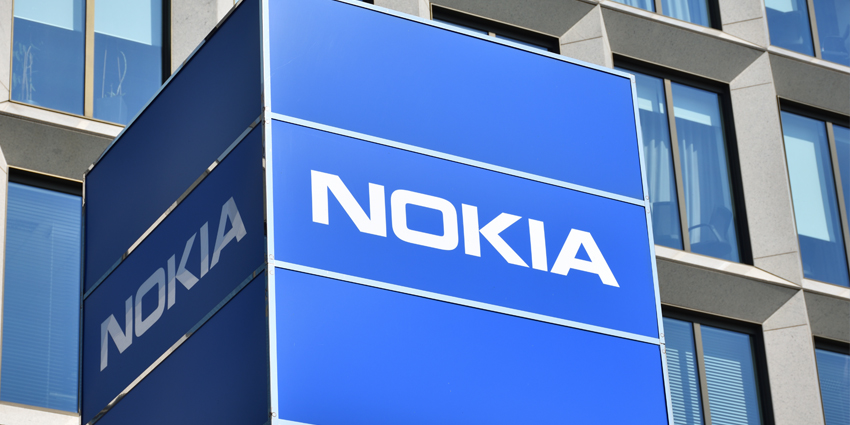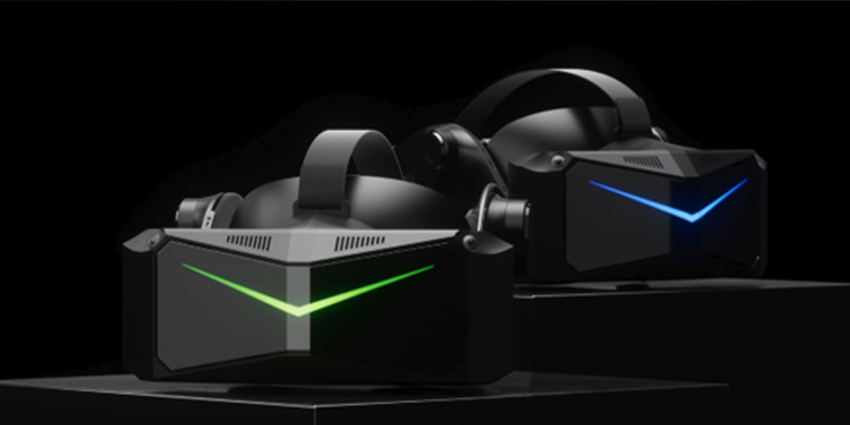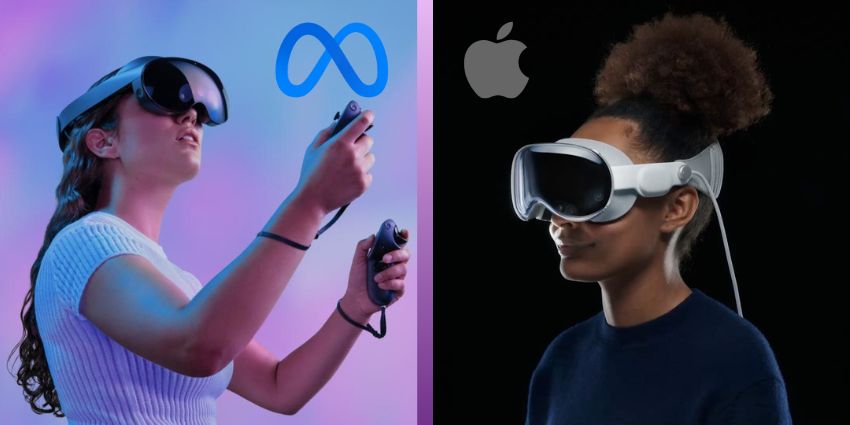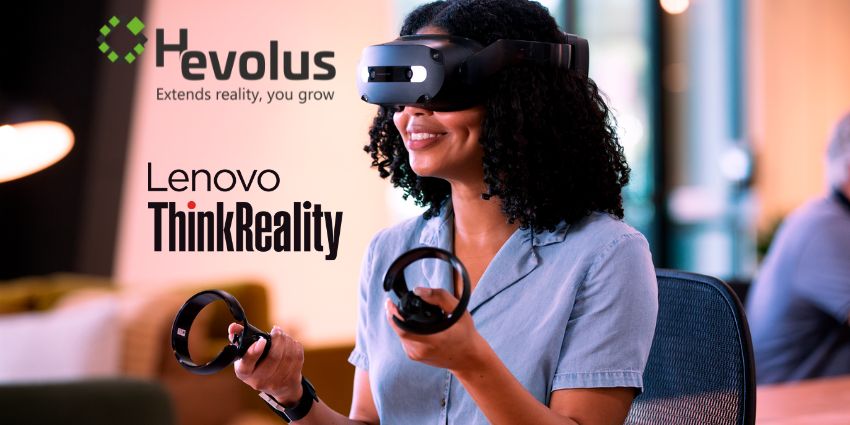Today, Nokia and EY released a study which surveyed 860 business leaders across six countries concerning the potential benefits and challenges of emerging enterprise and industrial-grade Metaverse solutions.
The Metaverse at Work study exceeded expectations according to the project-leading firms, with a majority of questioned representatives reporting that Metaverse services are present in their workplaces. The study covers XR enterprise end-users in a range of verticals, including automotive, industrial goods & manufacturing, transportation, supply chain & logistics, and power & utilities.
Moreover, in response to the study, Vincent Douin, Executive Director, Business Consulting and Business Transformation at Ernst & Young LLP, said:
The industrial and enterprise metaverses are here, this study shows the clear appetite for these technologies such as extended reality and digital twins to achieve business goals. We are already seeing many organizations going above and beyond the planning stages and recognizing tangible benefits from their initial implementations.
Geography Considerations
Integrated technology systems and implementing them correctly is critical to Metaverse, but in which regions are firms successfully delivering workplace Metaverse solutions?
Well, according to the report, the US, UK, and Brazil contain the most firms actively leading in terms of Metaverse deployment and piloting of at-least one Metaverse use case, with the US leading by 65 percent, the UK by 64 percent, and Brazil by 63 percent – the current leading regions for workplace Metaverse solution deployment.
On the other hand, Germany has an enterprise Metaverse representation of 53 percent across questioned firms. Nokia and EY also note that Asia Pacific firms such as Japan and South Korea have less Metaeverse representation, reporting 49 percent for each region.
What do the Findings Show?
The study also analyses cooperate Metaverse solutions and outcomes within use cases like training and design meetings.
The report found that 2 percent of questioned firms see the “Metaverse as a buzzword or a fad.” Meanwhile, a far more significant 58 percent have either deployed or piloted at least one Metaverse-related use case in the workplace, and a further 95 percent said Metaverse journey plans are in the roadmap for the next “two years.”
What the above figures show is, despite some negative press, enterprise clients still see the Metaverse as a serious workplace solution. However, many firms are still in the foundational period of Metaverse service adoption,
Within the planning period, the report highlights how firms can expect a capital expenditure reduction of 15 percent, a sustainability reduction of 10 percent, and a safety improvement reduction of 9 percent.
Roughly 80 percent of the question firms who have already implemented the Metaverse solution claim that the use case provides a significant or transformational impact on the workplace.
Additionally, 96 percent of questioned firms believe that Metaverse services can accelerate the deployment, adoption and monetization of Industry 4.0 solutions. Moreover, to ensure Metaverse outcome success, surveyed firms state that integrated technology is critical. Questioned firms outlined the most essential technologies for enterprise Metaverse success to consider: cloud computing [72 percent], AI/ML [70 percent], private 5G/6G [70 percent], fibre broadband [68 percent], and public 5G/6G [67 percent].
Thierry E. Klein, the President of Bell Labs Solutions Research at Nokia, said:
It is great to see that companies clearly believe in the power of the Metaverse for business value creation in both enterprise and industrial use cases. This strongly aligns with our vision, informed by more than 8 years of research at Nokia Bell Labs, that the Industrial Metaverse is an extension of Industry 4.0. Consequently, those who have already implemented mission-critical communications networks for Industry 4.0 are now well placed to experience the benefits of the Metaverse that clearly some companies are already seeing.
Moreover, the report said that the questioned firms see training/onboarding and upskilling as the most promising use cases for the Metaverse. Moreover, three out of four of the surveyed firms say that immersive R&D can enhance product design meetings.







